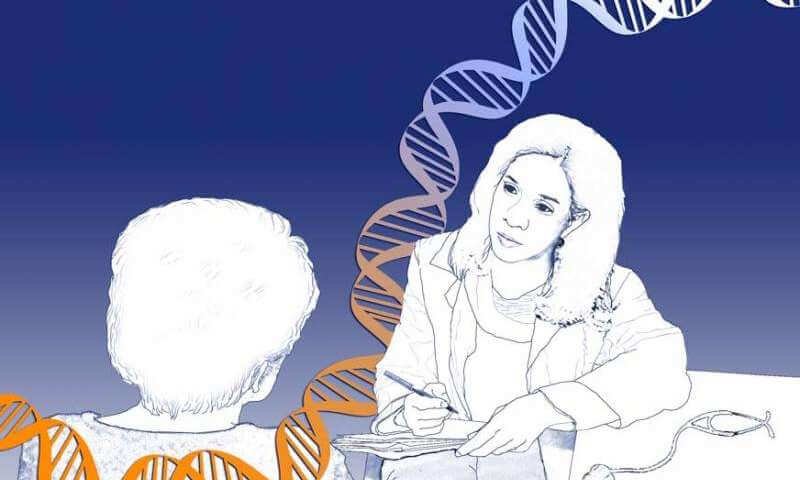When the Human Genome Project began in 1990, bioethicists feared that giving people the results of genetic tests would do them a lot more harm than good.
…
Those concerns were overblown. The first major randomized clinical trial on the effect of disclosing genetic information found that people who decided to learn about their genetic risk of developing Alzheimer’s disease did not experience large, negative psychological impacts. The same held true for people who, after a process of informed consent, decided they wanted to receive information about single genes associated with Huntington’s disease and breast and ovarian cancer.
As explored in a collection of essays just published in the Hastings Center Report that we edited, the worst fears of bioethicists and others just didn’t materialize.
…
Just as it didn’t make sense to abandon the study of genomics because the effect sizes of single genes were smaller than predicted and hoped for, it doesn’t make sense to stop studying the impact of genetic information on psychosocial wellbeing because the impacts are different than predicted and feared. In both cases, a change in approach is what was — and is — needed.
Read full, original post: Bioethicists worried patients couldn’t handle their own genetic testing results. They were (mostly) wrong































